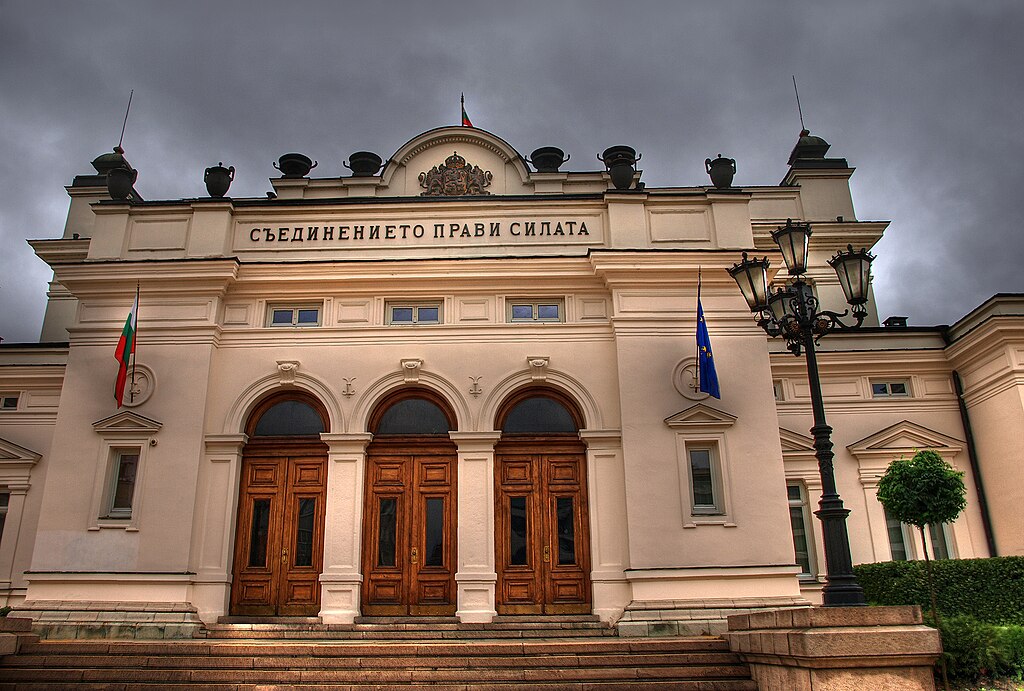Bulgaria faces EU sanctions as private hospitals, exempt from public procurement, overcharge for medicines. Reformers’ attempts to reintroduce tenders are blocked by political resistance and lobbying, costing the state millions annually and breaching EU rules.
Since the removal of a legal requirement in 2016, private hospitals in Bulgaria have not been obliged to conduct public tenders for purchasing medicines, despite being funded partly by the state-run National Health Insurance Fund (NHIF). This exemption, introduced under the GERB party’s leadership, led to significant discrepancies in medicine prices, with private hospitals paying—and the NHIF reimbursing—up to 14–28 times more for identical drugs compared to public hospitals. Most notably, these overpayments are highly pronounced in oncology treatments. In response to concerns about budget losses exceeding €50 million annually and the prospect of further EU scrutiny, reformers—particularly the liberal coalition We Continue the Change-Democratic Bulgaria—have repeatedly tried to reinstate mandatory public procurement for private hospitals.
The European Commission initiated infringement proceedings against Bulgaria in 2018 for this very issue, arguing that the country’s current policy violates EU public procurement directives, specifically as private hospitals access public funds yet lack price transparency and competitive bidding. After further warnings in 2024, Bulgaria faces the threat of financial sanctions if the situation remains unaddressed. Proponents of the bill to reintroduce tenders, supported by some government and opposition members, argue that harmonizing procurement rules is essential both for budget discipline and compliance with EU law. However, despite several first-reading approvals in parliament, final passage has been blocked at the committee stage, largely due to resistance from the GERB party and lobbying by private medical institutions with vested interests in maintaining the status quo.
Opponents of the reform, including the think tank EKIP, argue that by European standards, private hospitals in countries like Germany, Austria, and the Netherlands are excluded from similar legal procurement obligations. They claim Bulgaria could defend its position in the European Court of Justice by demonstrating that private hospitals do not fall under the definition of contracting authorities as set by EU law. Nonetheless, investigative reports and government analyses consistently highlight the loss to the public purse under the current system, primarily through inflated drug prices and weak oversight.
The political impasse, complicated by lobbying and coalition tensions, persists as the European Commission continues to push for reforms. Failure to act not only endangers Bulgaria’s compliance with EU directives but also means continued wasteful spending from health insurance funds, to the disadvantage of the state and patients alike.




